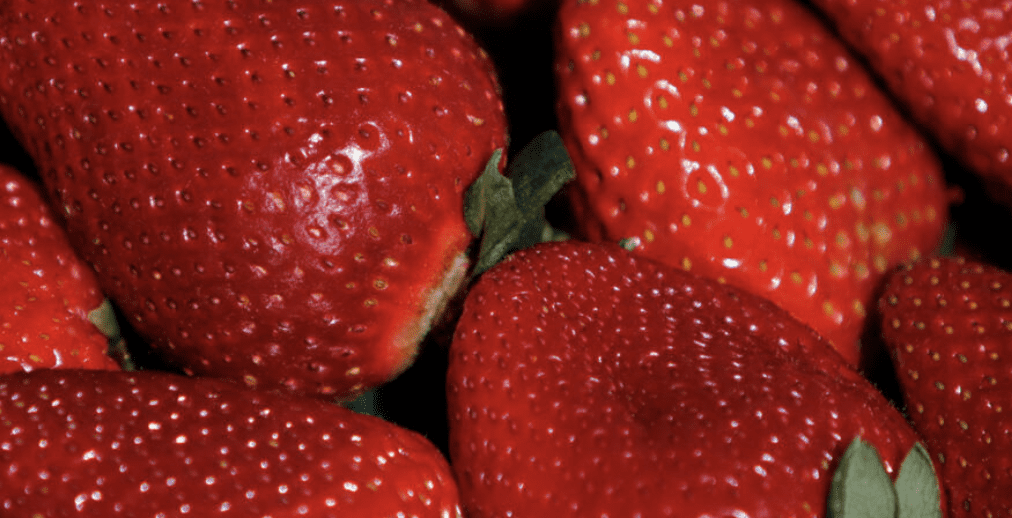Search Posts
Recent Posts
- Rhode Island Weather for June 15, 2025 – Jack Donnelly June 15, 2025
- To honor Pawtucket Mayor Henry Kinch: A tribute to leadership and legacy June 15, 2025
- Ask Chef Walter: Summer Feast for the Palate – Chef Walter Potenza June 15, 2025
- A Greener View: Floppy Perennials, Holey Vegetables and Wet Soil Gardening – Jeff Rugg June 15, 2025
- Gimme’ Shelter: Old Bay at the Providence Animal Control Center June 15, 2025
Categories
Subscribe!
Thanks for subscribing! Please check your email for further instructions.

Hepatitis A outbreak & fresh, organic strawberries
FDA Announces Outbreak Investigation of Hepatitis A Potentially Linked to Fresh, Organic Strawberries
The Rhode Island Department of Health (RIDOH) is advising consumers that the FDA, along with the Centers for Disease Control and Prevention (CDC), Canadian and local public health officials are investigating a multi-state outbreak of hepatitis A in the United States and Canada potentially linked to fresh, organic strawberries.
The strawberries were sold under the brand name FreshKampo and HEB and were sold between March 5, 2022, and April 25, 2022. The strawberries were sold at retail locations, including, but not limited to, Aldi, HEB, Kroger, Safeway, Sprouts Farmers Market, Trader Joe’s, Walmart, Weis Markets, and WinCo Foods.
The potentially impacted strawberries are past their shelf life; however, consumers may have purchased the strawberries and frozen them for later use. Consumers should check their freezer to see if they have any strawberries from FreshKampo and/or HEB.
- If you have these strawberries in your freezer, do not eat them. Throw them away.
- If you do not know what brand of strawberries you bought or where you bought them, you should throw the strawberries away.
- In the last two weeks, if you have eaten fresh, organic strawberries branded as FreshKampo or HEB purchased between March 5 and April 25 and are not vaccinated against hepatitis A, call your healthcare provider immediately and ask if you need post-exposure prophylaxis (PEP). PEP can prevent hepatitis A if given within 14 days of exposure. Anyone who has already had the hepatitis A vaccination or has had hepatitis A before does not need PEP.
To date, there have been no reported illnesses in Rhode Island associated with this investigation.
Symptoms of hepatitis A infection include fatigue, nausea, vomiting, abdominal pain, jaundice, dark urine, and pale stool. Sometimes, especially in children younger than six, the individual has no symptoms. People with hepatitis A infections usually completely recover within one to two weeks; however, in rare cases, hepatitis A may become chronic. Chronic hepatitis A infection can lead to more severe health problems, including liver failure, and death.
If you have symptoms of hepatitis A and have eaten fresh, organic strawberries in the last two weeks, contact your healthcare provider.
The last Hepatitis A outbreak connected to strawberries happened in 2016 and was related to frozen organic strawberries imported from Egypt. According to the CDC, that outbreak resulted in 143 cases and 56 hospitalizations in nine states.
